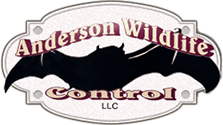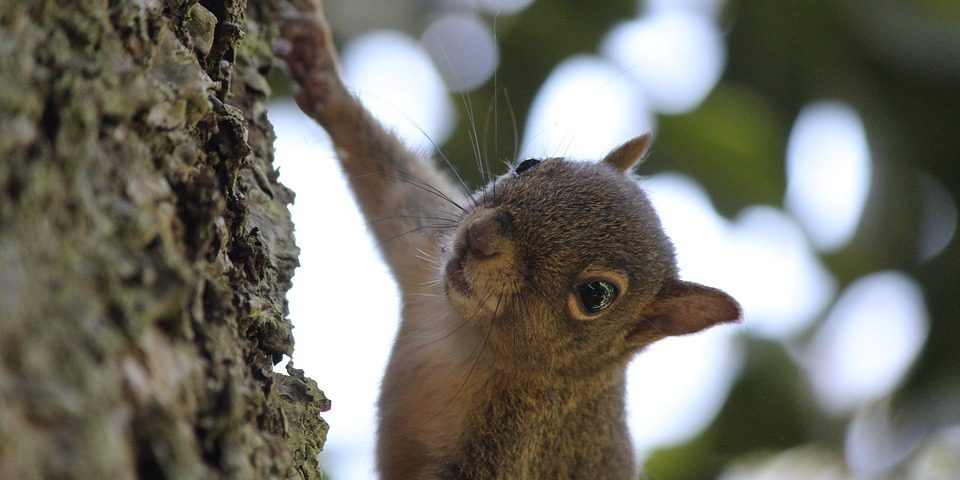What’s the difference between flying squirrels and bats? While they’re very different from a biology standpoint, to a homeowner, they can sound much the same. They both live quite high up, can fly (or glide from tree branches, in the case of flying squirrels) and tend to choose roofs and attics for nesting since neither species likes bright light.
Both bats and flying squirrels are nocturnal (the latter’s huge eyes give that away) and emerge at sunset to look for food and return at sunrise, ready to sleep the day away. They are both relatively quiet throughout the day (since they’re asleep) and may make flapping and rustling noises at sunrise and sunset.
The Evidence for Flying Squirrels
Like mice and rats and unlike bats, flying squirrels will show evidence of chewing on roof and attic materials, so you may spot damage if you investigate closely. Unlike other species of squirrels, flying squirrels travel in family groups, so it will never be just one flying squirrel (and the number of droppings will indicate you have a family group). Look for tiny teeth marks in wood, cardboard boxes, and plastic or cloth bags. (Or, if you’re brave, do some nighttime snooping, and you’re likely to catch them napping in your attic.) If the flying squirrels are chewing on structural elements of the roof or attic they may, over time, cause real (and expensive) damage. Flying squirrels may even chew on electrical wires, which could present a fire risk, particularly in a dry and insulated attic.
In other words, while they can be cute, they’re also a particularly destructive species to homes or commercial property. For starters, you need to get the flying squirrels out of your home. Secondly, you need to ensure they can’t re-enter your property once they’re out. This means it’s time for professional help.
A Professional, Green and Humane Approach
Flying squirrels are cute and furry little animals, and no one wants them to come to harm. Since 1993, Anderson Wildlife Control, LLC has humanely removed and excluded unwanted animals (including flying squirrels) from both residential and commercial properties throughout New Haven County, Connecticut and beyond.
With 100 percent green solutions, we use no pesticides, chemicals or poisons that could harm the animals. We can even relocate them to a new home where they will no longer be such a nuisance when state law allows us.
Anderson Wildlife will remove the animals from your home, and then fix the problem to ensure it doesn’t happen again. Contact us via our web site or call us toll-free at 877-966-2287.







